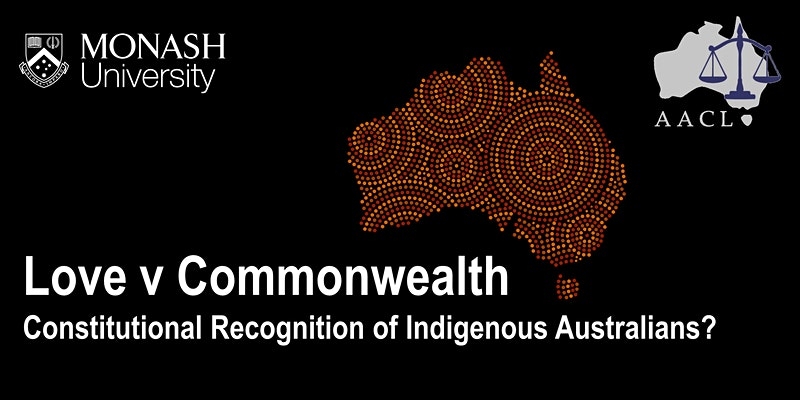
In the recent case of Love and Thoms v Commonwealth [2020] HCA 3, in powerful judgments reminiscent of Mabo v Queensland (No 2), four judges of the High Court declared that Indigenous Australians can never be ‘aliens’ for the purposes of s 51(xix) of the Australian Constitution. In strong dissents, three judges refused to introduce a race-based distinction into the head of power.
The plaintiffs’ argument had two distinct and independent strands. The second, and more creative, strand was that which was ultimately successful, namely, that Indigenous Australians, because they are ab origene, from the very beginning, could not be alien to the Australian political community. The other strand was, in jurisprudential terms, much more incremental.
A paper by Stephen Keim SC, available at this link, examines the arguments before the High Court and the judgments of the Court. It was presented on 3 June 2020 at an online symposium hosted by Monash Law and the Australian Association of Constitutional Law (AACL).
A second paper by Melia Benn, available at this link, was also delivered to the symposium hosted by Monash Law and AACL on 3 June 2020, Mabo Day. Melia is a descendant of the Mamu and Gungangji peoples, and is one of only two Indigenous women at the Queensland bar.
A third paper by Kate Slack and Arron Hartnett, available at this link, was published separately in the Law Society NT journal, Balance, Vol 2, 2020 on 4 June 2020 and the Law Society of the ACT journal, Ethos, Issue 256, Winter 2020, pp 4-9.
A recording of the symposium hosted by Monash Law and the AACL is now available at this link.
Stephen Keim SC and Kate Slack
Higgins Chambers
19 June 2020
